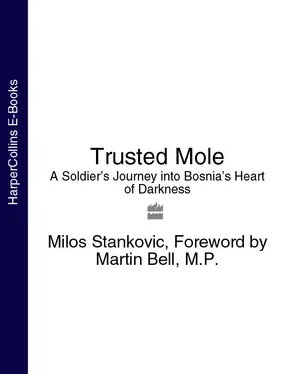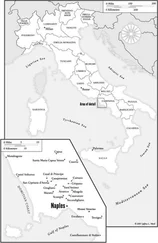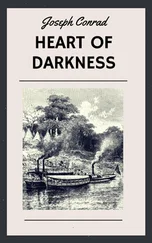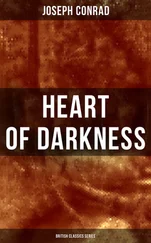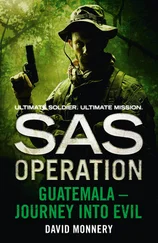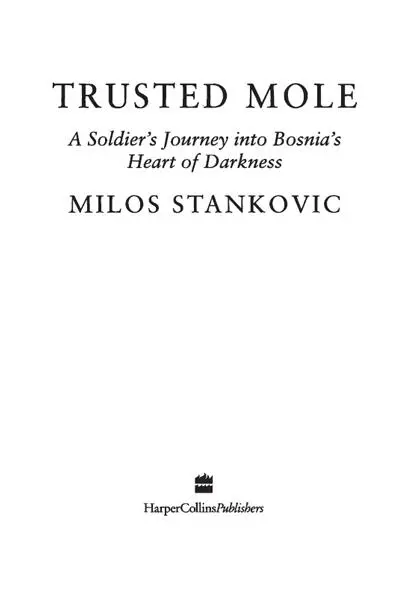
HarperCollins Publishers
1 London Bridge Street
London SE1 9GF
www.harpercollins.co.uk.
First published in Great Britain by HarperCollins Publishers 2000
Copyright © Milos Stankovic 2000
Maps by Jillian Luff
Milos Stankovic, Foreword by Martin Bell, M.P. asserts the moral right to be identified as the author of this work
All rights reserved under International and Pan-American Copyright Conventions. By payment of the required fees, you have been granted the nonexclusive, nontransferable right to access and read the text of this e-book on-screen. No part of this text may be reproduced, transmitted, downloaded, decompiled, reverse-engineered, or stored in or introduced into any information storage and retrieval system, in any form or by any means, whether electronic or mechanical, now known or here in after invented, without the express written permission of HarperCollins e-books.
Source ISBN: 9780006530909
Ebook Edition © JANUARY 2014 ISBN: 9780007441457
Version: 2015-01-06
HarperCollinsPublishers has made every reasonable effort to ensure that any picture content and written content in this ebook has been included or removed in accordance with the contractual and technological constraints in operation at the time of publication.
Further reviews for Trusted Mole :
‘By far the best book to have come out of the Balkan wars, not because it explains the conflict simply, but because Stankovic demonstrates with wit and eloquence that simplicity was never part of the equation … This is not, however, a bleak book. Far from it. There is humour, lots of it, often (inevitably) black, but also reflecting the accidental idiocies and genuinely comic scenes that occurred in the midst of organised chaos.’
PETER MILLAR, Sunday Times
‘Stankovic’s book is far more than the outcry of an innocent man foully accused. He has a wonderful eye for detail and a natural storyteller’s gift, and passion, to get across the bizarre and terrible cruelty of what the people of Bosnia went through. At times, I laughed out loud; at times, horrible moments of my spells there came swimming back, brilliantly evoked in Stankovic’s fresh prose … Trusted Mole is rich in comic scenes … But the comedy switchbacks with the tragedy … this man was a hero, caught in the middle and discarded by a military bureaucracy that should be shot at dawn for its betrayal.’
JOHN SWEENEY, Observer
‘Now exculpated from all charges, Stankovic has written a remarkably frank account of his time in Bosnia … What Trusted Mole makes sickeningly clear is not just the absurdity of sending in peacekeepers with no peace to keep (and neither the weaponry nor the political backing to impose it), but also the corrupting effects of war and humanitarian aid on almost everybody involved.’
MARK ALMOND, Literary Review
‘This is a powerful book … the inside story, not only of the UN’s war in Bosnia … but also, of what happens to someone who spends too long in a place populated by the dead and those whose hope has died.’
CHARLOTTE EAGER, Sunday Telegraph
‘Well-written, gripping and highly informative … It is evident that he was disgracefully let down by a system which he trusted … and he is to be congratulated for writing a fascinating account of an experience that would leave most people shattered.’
ADRIAN WEALE, Daily Mail
‘Fascinating and truly exciting … As a window into that hidden period, his account is a revelation, Uttered with insights into the ordinary human chaos which lay behind the apparently calm and collected statements of the politicians and the military top brass.’
JAMES RUDDY, Eastern Daily Press
This book is dedicated to the memory of two people. First, it is for my father, who led a full, varied and productive life. Second, it is for Dobrila Kalaba and countless others like her who were denied the realisation of those basic aspirations by the horror that was Bosnia.
Cover
Title Page
Copyright
Praise
Dedication
Foreword by Martin Bell OBE, MP
‘Mother Bosnia’
PART ONE 1992–1993
Baby Blue
ONE
TWO
THREE
FOUR
FIVE
SIX
SEVEN
EIGHT
NINE
TEN
ELEVEN
TWELVE
THIRTEEN
FOURTEEN
PART TWO 1994–1995
The Mad Hatter’s Tea Party
FIFTEEN
SIXTEEN
SEVENTEEN
EIGHTEEN
NINETEEN
TWENTY
TWENTY-ONE
TWENTY-TWO
TWENTY-THREE
TWENTY-FOUR
TWENTY-FIVE
PART THREE
Reflections
CHARTER FOR PEACE
AMERICAN FOOTBALL
Glossary
Index
Author’s Note
About the Author
About the Publisher
BY MARTIN BELL OBE, MP
In January 1993 in Central Bosnia I met a British officer who was introduced to me as Captain Mike Stanley of the Parachute Regiment. There was something quietly out of the ordinary about him. He was not in the usual Sandhurst mould. He was reserved, self-contained, intense and fiercely loyal to the cause he was serving, which was to save as many lives as possible under the inadequate mandate of the UN peacekeeping force. He was at that time the interpreter and adviser to Brigadier Andrew Cumming, the first commander of British Forces in Bosnia. He went on to work for Lieutenant Colonel Bob Stewart of the Cheshire Regiment, Brigadier Robin Searby and Generals Rose and Smith, the British commanders of UNPROFOR in Sarajevo. He served longer in the Bosnian war than any other British soldier.
His real name was Milos Stankovic. His father was a Serb and his mother was partly Serb and partly Scottish. Both had served the Allied cause in Yugoslavia in the Second World War, and had been lucky to escape to England with their lives. Their son, a British citizen, chose a military career. He was accepted by the Parachute Regiment, and served in Northern Ireland, Mozambique and the Gulf. When the Bosnian war broke out he was one of only three soldiers in the British Army who spoke the language fluently. It seemed an advantage at the time – or at least an advantage to everyone but himself.
His value to successive British commanders was that he could translate the people as well as the language. Tito’s illusion of ‘Brotherhood and Unity’ fractured into barbarism, and competing warlords dragged their peoples into an abyss of psychotic savagery and primeval horror. These leaders were as indifferent to suffering on their own side as on the others’. Betrayal, mendacity and manipulation were their common currency. At prisoner exchanges they traded in bodies both dead and alive – and the dead, it seemed, mattered more to them than the living. Stankovic called this necrowar. He did not share their values but he understood their mentality. The Balkan warlords on one side and the International Community on the other glared at each other with incomprehension across a great divide. The captain from the Parachute Regiment could make sense of each to the other across that barrier.
He also saved lives. He rescued a wounded Muslim woman under fire in Vitez. With another British officer of similar background, known to us as Captain Nick Costello, and with the approval of the UN Commander, he smuggled scores of people out of the besieged city of Sarajevo – Muslims, Croats and Serbs alike – to join their families abroad. He helped to unblock UN convoys and to negotiate cease-fires. His mission was to win the trust of the Serbs, and he did so. They knew of his origins, but they also knew that he was not ‘one of them’. ‘Captain Stanley is a nice enough guy,’ the Bosnian Serb Vice-President Nikola Koljevic was quoted as saying to a colleague, ‘but you must always remember that his loyalty is to his Queen and his Commanders.’
Читать дальше
